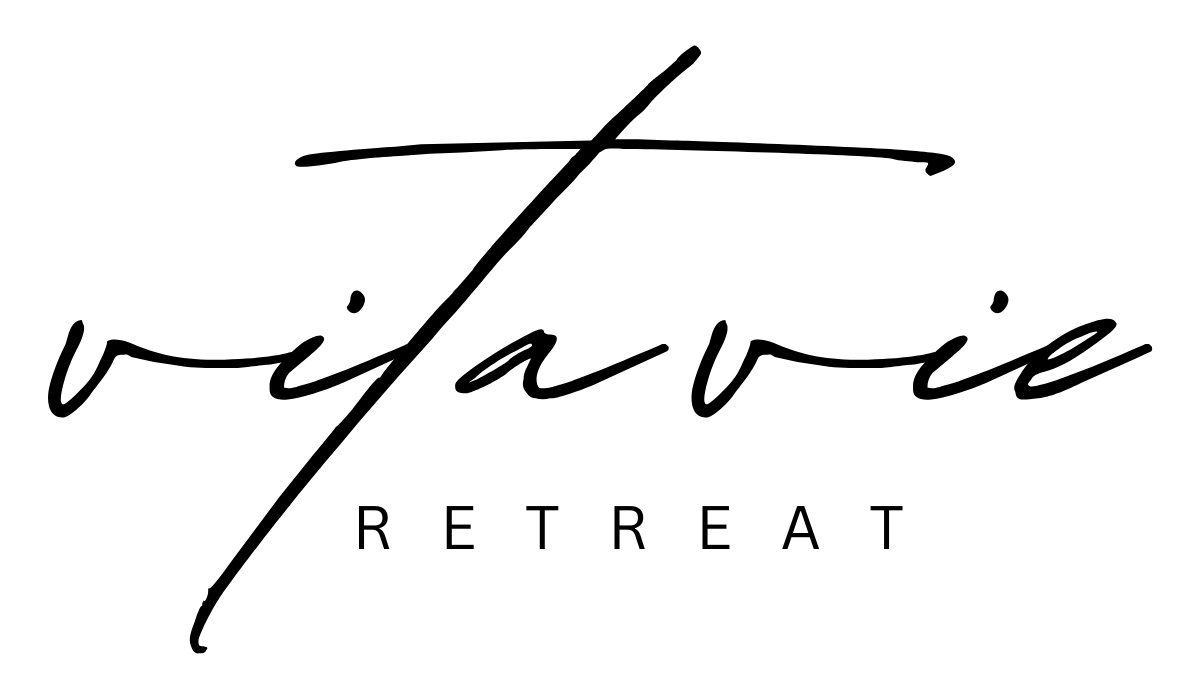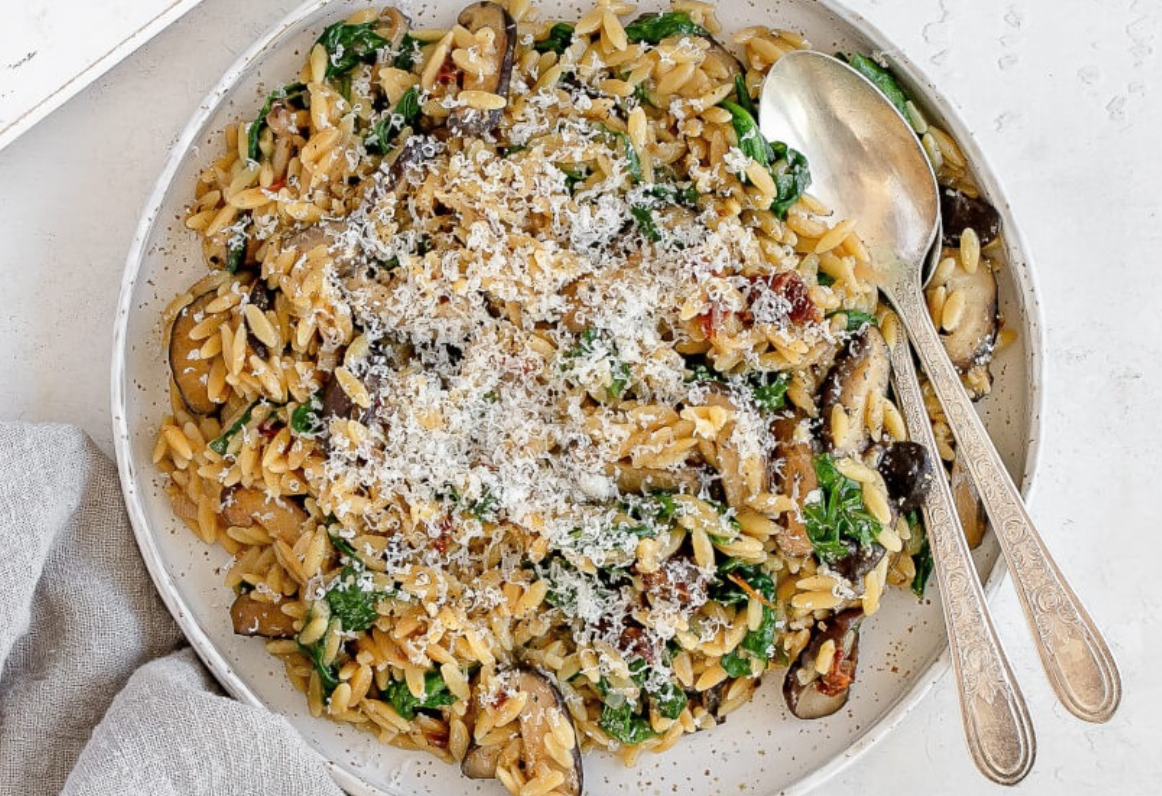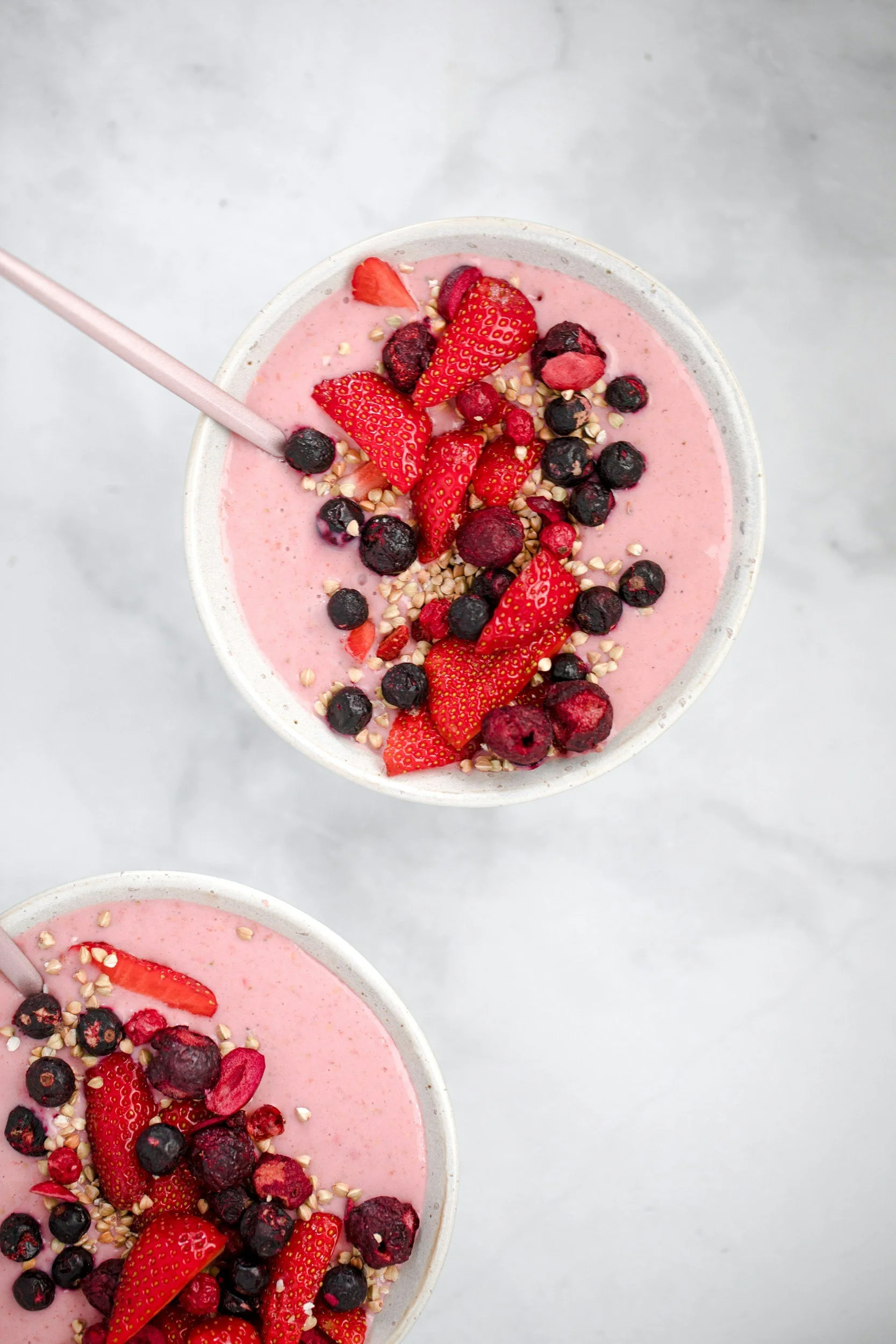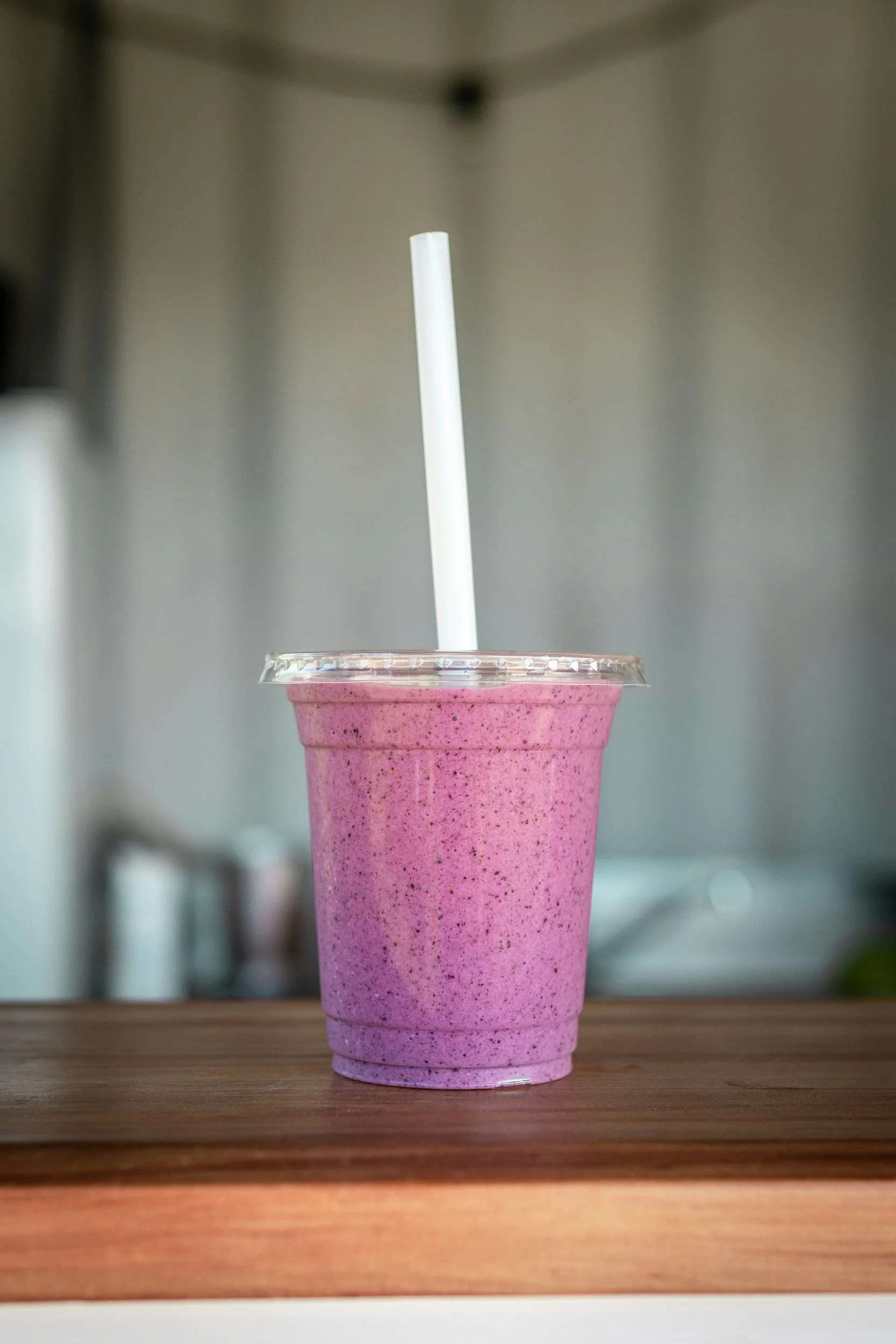Low Carb High Protein Diet: 10 Reasons Why It's Beneficial
/In recent years, the high protein/low carb diet has gained widespread popularity for its potential health benefits. This dietary approach, which emphasizes reducing carbohydrate intake while increasing protein consumption, has been linked to numerous positive outcomes, ranging from weight loss to improved mental clarity. But what exactly makes this diet so effective, and how can it support various aspects of health?
In this blog post, we'll explore the key benefits of a high protein/low carb diet, providing a detailed understanding of how it can contribute to better overall wellness. Whether you're considering this diet for weight management, improved energy levels, or enhanced physical performance, you'll find valuable insights into why this approach may be worth exploring.
5 Things To Consider About The Low Carb, High Protein Lifestyle
Blood Sugar Regulation: A low-carb, high-protein lifestyle can help stabilize blood sugar levels by minimizing sugar spikes and supporting steady energy throughout the day. Prioritizing lean proteins and whole foods promotes balanced nutrition and better blood sugar management.
Protein and Satiety: High-protein foods not only aid muscle preservation but can also help you feel fuller longer, potentially reducing overall calorie intake.
Gut Health: A diet rich in high-quality proteins and vegetables can improve your gut microbiome, contributing to better digestive health.
Skin Health Benefits: Lowering sugar and refined carb intake can reduce inflammation and potentially improve skin conditions like acne.
Sustainability: A high protein/low carb diet can be flexible and sustainable long-term, allowing for a variety of food choices and meal options.
The Benefits of a High Protein/Low Carb Diet
1. Weight Loss and Body Composition
Beginning a high protein/low carb diet can be an effective strategy for weight loss and body composition improvement. One key factor is the reduction of carbohydrate intake, which helps lower insulin levels. With lower insulin levels, the body may more readily access and burn stored fat for energy, aiding fat loss. Additionally, high-protein foods contribute to increased satiety, helping you feel fuller for longer periods and potentially reducing overall calorie intake. This combination not only supports weight loss but also assists in preserving lean muscle mass, especially when coupled with resistance training.
2. Improved Blood Sugar Control
A high protein/low carb diet can play a pivotal role in improving blood sugar control. Lowering carbohydrate intake helps stabilize blood sugar levels and reduces spikes after meals, which is particularly beneficial for individuals with insulin resistance or type 2 diabetes. This dietary approach enhances insulin sensitivity, allowing the body to use glucose more efficiently and effectively.
3. Enhanced Mental Clarity and Focus
One of the big benefits of maintaining stable blood sugar levels is the experience of more consistent energy levels throughout the day. This stability can lead to improved mental clarity and focus, as there are fewer fluctuations in energy that might otherwise impact concentration. In very low-carb diets, the production of ketones—a byproduct of fat metabolism—provides an additional, steady source of energy for the brain, which can further enhance cognitive function.
4. Improved Cardiovascular Health
Adopting a high protein/low carb diet can positively impact cardiovascular health. This dietary approach often results in a significant reduction in triglycerides, a type of fat found in the blood that is linked to an increased risk of heart disease. Additionally, it can lead to an increase in HDL (good) cholesterol levels, which play a protective role against heart disease by helping to remove excess cholesterol from the bloodstream.
5. Better Digestion and Gut Health
Many people find that reducing carbohydrate intake, especially from refined sources, can alleviate bloating and digestive discomfort. A diet focused on whole foods, including high-quality proteins and vegetables, can promote a healthier gut microbiome. The balance of beneficial bacteria in the gut is essential for overall digestive health and well-being.
6. Enhanced Physical Performance
For active individuals, adequate protein intake is crucial for muscle building, repair, and recovery. A high protein/low carb diet supports these processes, making it particularly beneficial for those engaged in regular exercise. Some people also report experiencing steady energy levels during workouts when following a lower-carb diet, especially if they have adapted to a ketogenic state.
7. Reduced Inflammation
Chronic inflammation is linked to a variety of health issues, including joint pain and other inflammatory conditions. A diet low in processed carbohydrates and sugars can help reduce levels of inflammation in the body. This reduction in inflammatory markers may lead to symptom relief for many individuals, contributing to an overall sense of well-being.
8. Improved Skin Health
Diet can have a profound impact on skin health. Reducing the intake of sugars and refined carbs can help improve conditions like acne by lowering insulin levels and inflammation. Many people notice clearer skin and an improved complexion as they shift towards a high protein/low carb dietary pattern.
9. Increased Mindfulness and Consciousness of Food Choices
Following a high protein/low carb lifestyle often necessitates more thoughtful meal planning and a greater awareness of food quality. This increased mindfulness can lead to healthier overall eating habits, as individuals become more conscious of the nutritional value and benefits of the foods they consume.
10. Long-Term Sustainability
One of the most appealing aspects of a high protein/low carb diet is its flexibility and potential for long-term sustainability. By emphasizing whole foods and balanced macronutrient intake, this dietary approach allows for a variety of food choices and meal options. It can be easily adapted to fit individual preferences and lifestyle needs, making it a practical and enduring choice for many.
Need Recipe Inspiration? Try our High Protein, Low Carb Recipe Bundle with Meal Plan
10 Things TO CONSIDER WHEN BEGINNING A LOW CARB, HIGH PROTEIN MEAL PLAN
Evaluate Your Diet: Take a closer look at your current dietary habits and consider where you can reduce refined carbs and sugars while increasing high-quality protein intake.
Consult a Professional: If you're interested in transitioning to a high protein/low carb diet, consult with a healthcare professional or nutritionist to tailor the plan to your specific needs.
Plan Your Meals: Start planning meals that incorporate lean proteins, healthy fats, and plenty of vegetables. Focus on whole, unprocessed foods to maximize nutritional benefits.
Monitor Your Health: Pay attention to how your body responds to dietary changes. Keep track of any improvements in weight, energy levels, mental clarity, and overall well-being.
Stay Informed: Continue learning about the benefits and best practices of a high protein/low carb diet. Stay updated on new research and adjust your approach as needed for optimal health.
Focus on Protein First
When planning your meals, start by choosing your protein source first. Prioritizing proteins like eggs, lean meats, fish, or plant-based options such as lentils and tofu will help you stay satisfied and maintain muscle mass. Building your meals around protein makes it easier to keep carbs low and ensures you're getting enough nutrients.
Stock Up on Low-Carb Staples
Keep your pantry and fridge stocked with high-protein, low-carb essentials like eggs, Greek yogurt, cottage cheese, lean meats, nuts, seeds, and leafy greens. Having these staples readily available makes it easy to whip up meals or snacks that fit your plan.
Keep It Simple
Choose simple, easy-to-prepare meals that don't require complicated recipes or hard-to-find ingredients. Focus on versatile, protein-rich foods like grilled chicken, salmon, or beans, and pair them with low-carb veggies. This approach reduces the stress of meal planning and keeps you on track.
Embrace High-Protein Snacks
Swap high-carb snacks with protein-rich options such as hard-boiled eggs, cheese sticks, beef jerky, or a handful of nuts. Preparing snacks in advance and keeping them handy will prevent you from reaching for less healthy options and help curb hunger between meals.
Experiment with Low-Carb Substitutes
Find low-carb substitutes for your favorite high-carb foods. For example, use cauliflower rice instead of regular rice, zucchini noodles (zoodles) instead of pasta, or lettuce wraps instead of bread. These swaps help you stick to your plan without feeling deprived.
As with any dietary approach, individual experiences can vary, and it's important to consult with a healthcare professional before making significant changes to your diet, especially if you have any pre-existing health conditions.
Ready to LOSE WEIGHT AND IMPROVE YOUR HEALTH FOR GOOD?
Get the High Protein Diet Blueprint For Lasting Weight Loss + Peak Health
Struggling to find a simple, effective way to eat healthier and feel your best? Say goodbye to confusion and overwhelm with our High Protein Blueprint — your all-in-one solution to balanced, delicious meals that help you lose weight, boost energy, and thrive!
Here’s What You’ll Get:
An 8 Week Guided Plan
Weeks of Done-for-You Meal Plans
Over 200 Recipes
Snack Guide
Macro & Clean Eating Guides
Energy Balance + Biofeedback
Blood Sugar Balance + Practical Tools & Tips
Personalized Tracking Tools
Instant Digital Access: Start today with immediate access on any device, or download and print for a hard copy!
Take Control of Your Health Today! Click below to learn more and transform your diet into a sustainable, high-protein, low-carb lifestyle!






















